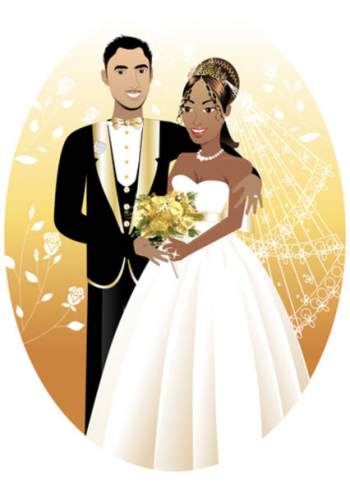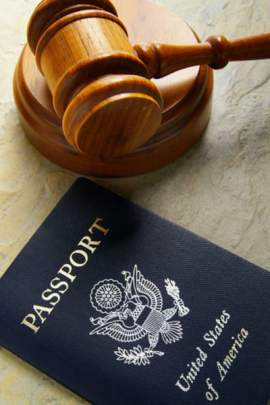
Loving v. Virginia

The Background of Loving v. Virginia (1967)
Mildred Loving – an African-American woman - and Richard Loving – a Caucasian man - were married within Washington D.C. in 1958; although the two were residents of the State of Virginia, the District of Columbia allowed for the marriage of individuals who differed in race – conversely, the State of Virginia had expressly outlawed such a practice. Upon their return, the Lovings were arrested as a result of the presumed violation of statutory legislation prohibiting the marriage of individuals of differing races or ethnicities: If you need legal advice and assistance, contact Virginia lawyers.
The Anti-Miscegenation Statue, passed in the State of Virginia in 1924, mandated the illegality of ‘inter-marriage’, which was defined as individuals of differing races engaging in matrimony
The Case Profile of Loving v. Virginia
The following is a case profile of the legal trial eponymously titled ‘Loving v. Virginia’:
Date of the Trial: April 10th, 1967
Legal Classification: Administrative Law; this legal field regulates the legal instrument of ‘due process’, which is defined as the government’s obligation to respect, maintain, and uphold the legal rights of its citizens in the event of an arrest. Both the Federal and State government must preserve and protect an individual’s human rights and liberties; this includes fair, respectful, and ethical treatment devoid of undue violence and harm
Accused Criminal Activity: The following criminal activity and charges were cited by Richard Perry Loving and Mildred Jeter Loving against the State of Virginia within the appeal brought forth subsequent to the initial ruling:
The Lovings accused the State of Virginia of a violation of the couple’s right to marital privacy through the violation of their respective – and collective – 14th Amendment rights; although the Lovings were initially sentenced to a year in prison, the State of Virginia Court offered to suspend the sentence in the event that the Lovings departed from the State of Virginia
United States Reports Case Number: 388 U.S. 1
Date of the Delivery of the Verdict: June 12th, 1967
Legal Venue of Loving v. Virginia: The Supreme Court of the United States
Judicial Officer Responsible for Ruling: Chief Justice Earl Warren
Involved Parties:
The following are the parties named with regard to their involvement in the Loving v. Virginia case:
Richard Perry Loving and Mildred Jeter Loving; Plaintiff(s) – Loving v. Virginia
The State of Virginia; Defendant - Loving v. Virginia
Verdict Delivered: The Supreme Court overturned the Anti-Miscegenation Statute claiming that it was indirect violation of the 14th Amendment’s equal protection clause, which requires that every individual citizen of the United States be entitled to equal, uniform, and unbiased protection and preservation with regard to the pursuit of happiness. The Supreme Court added that not only was the statute a violation of the 14th Amendment, but also to civil liberties and rights allowing for the privacy and individual freedoms entitled to American citizens
Associated Legislation with regard to Loving v. Virginia: The following statutory regulations were employed with regard to the Loving v. Virginia trial:
The 14th Amendment illustrates legislation that disallows the government from infringing on the right(s) to pursue ‘Life, Liberty, and the Pursuit of Happiness’ with regard to any and all citizens of the United States of America – this statute is applicable to all measures of gender, race, religion, and age
NEXT: Mapp v. Ohio





















